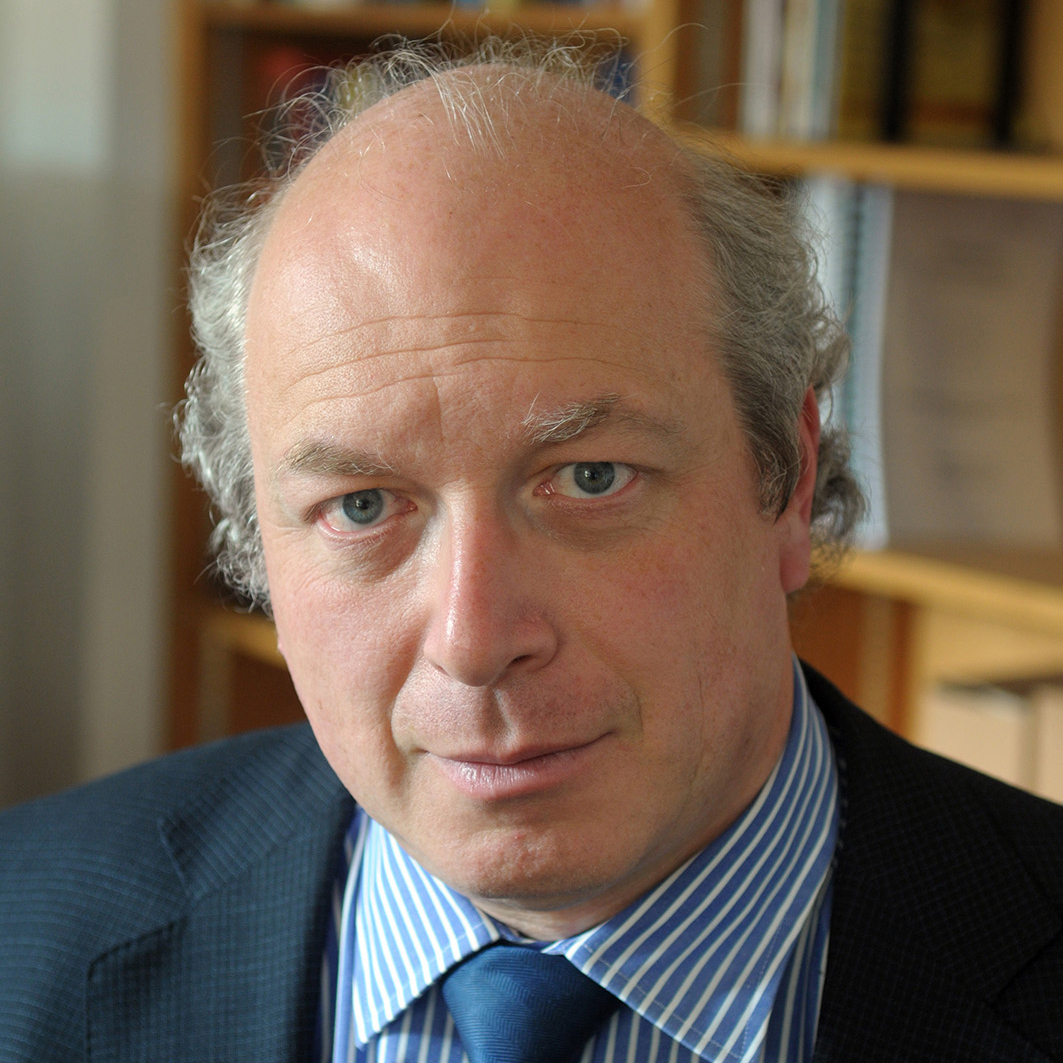
Courtesy of Yale School of Medicine
The University filed a motion last week to dismiss a lawsuit filed by cardiology professor Michael Simons, who alleged that Yale breached contract when University administrators stripped him of the endowed Waldemar Von Zedtwitz chair this September.
Faculty members, alumni and students at the Yale School of Medicine went into an uproar this summer after the University awarded the new chair to Simons, who was found responsible for sexually harassing a junior colleague in 2013. Following School of Medicine Dean Robert Alpern’s decision to take the new chair away, Simons filed a complaint and an injunction application to the Connecticut Superior Court on Sept. 21, arguing that the University caved into the demands of activists and breached Simons’ contract. Simons’ application for injunction was shortly denied by the court, according to court documents.
On Nov. 19, Yale filed a motion to dismiss the lawsuit, claiming that Simons’ complaint is “fatally defective and insufficient.”
The memorandum in support of Yale’s motion argues that Simons did not comply with the legal requirements for filing a complaint and an application for an injunction. The statutory requirement is that the plaintiff sign the complaint in person.
According to the court documents, Simons’ complaint was only “purportedly signed by the plaintiff.” Under Simons’ purported signature in the complaint, his attorney Norm Pattis wrote “subscribed to and sworn before me this 21st day of September 2018 via telephone,” per court documents.
The memorandum also claims that neither the complaint nor the application “seeks any relief other than the injunctive relief that was denied” and noted that Simons has filed no amendment or further pleading to date.
“The plaintiff did not comply with the statutory requirements regarding who may serve process, how it must be served and when it must be served,” the memorandum stated. It later continued, “Accordingly, for all the reasons demonstrated herein, any one of which is fatal to the plaintiff’s action, the Motion to Dismiss should be granted.”
In a statement to the News, Pattis argued that the memorandum in support of the University’s motion demonstrates that “Yale’s hands are unclean.”
According to the court documents, Alpern issued Simons an “ultimatum” on Sept. 20 stating that by noon on Sept. 21, Simons had to either resign from the chair or have the appointment taken from him.
Pattis argued that when Alpern issued the ultimatum, Simons was not given sufficient time to file a complaint and an application for injunction.
“[Yale] informed Dr. Simons while he was in London on a Thursday evening that he had until noon the following day to resign or they would take the chair from him.” Pattis said. “Did Yale really expect him to get back from London in time to sweat an affidavit?”
Pattis said Simons has also filed a complaint to the Equal Employment Opportunity Commission, the Department of Education and the Connecticut Commission on Human Rights and Opportunities.
University spokesman Tom Conroy declined to comment for the story and referred the News to the court documents. Kevin Shea, the attorney representing the University, could not be reached for comment Sunday evening.
In an interview with the News, Katharine Baker, an expert on campus sexual assault law and a professor at the Chicago-Kent College of Law, said it is “completely common” for defendants in lawsuits to file a motion to dismiss the case. But Baker said that even if Yale’s motion is granted, Simons can “walk into court the next day” and “refile something similar, if not exactly the same.”
Baker noted that if the court were to judge the merits of Simons’ claim that Yale breached contract with him when it stripped him of the chair, their decision would depend on the University’s past practices when revoking endowed professorships. In a 2017 report published last December, the Women’s Faculty Forum recommended that the University reconsider allowing faculty members found guilty of sexual misconduct to retain their endowed professorships.
“Employers usually have a contract that seems to give them huge amount of flexibility, but if they are doing something that is very different from what they’ve done before, courts will look twice at their actions,” Baker explained. “If Yale agreed to the same contract with hundreds of other professors and didn’t revoke their endowed professorships in similar cases, it’s arguable for Simons that he did not expect the University to respond the way they did.”
Chairs of the School of Medicine’s Committee on the Status of Women in Medicine, Nina Stachenfeld and Elizabeth Jonas, declined to comment for the story. But in a statement to the News last month, members of the executive board said “the energy surrounding [Simons’ lawsuit] is going to inspire the university and the med school to look harder at [issues of sexual misconduct],” regardless of the outcome of one lawsuit.
Simons left Dartmouth for Yale in 2008.
Serena Cho | serena.cho@yale.edu







